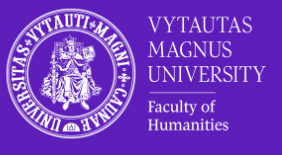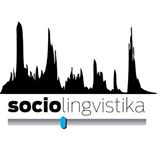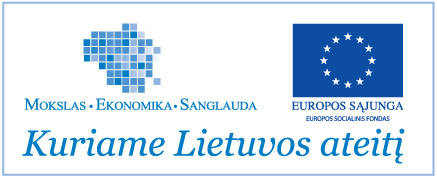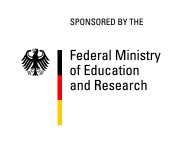A note on the conference “Lithuanian (Baltic) studies in contemporary educational contexts”
On 6-7 April 2017, the international scientific conference “Lithuanian (Baltic) studies in contemporary educational contexts” was organized at the Lithuanian University of Education, Vilnius. The conference was held to mark the beginning of the project “Lithuanian Academic Scheme for International Cooperation in Baltic Studies”. Two professors of the SoMu programme attended the conference and presented papers in it: Pēteris Vanags (Professor at Stockholm University) and Jūratė Ruzaitė (Professor at Vytautas Magnus University). We are also very proud that one of the first SoMu alumni, Frederik Bissinger (PhD student at Stockholm University) joined the team of Baltic study researchers and made a presentation at this conference.
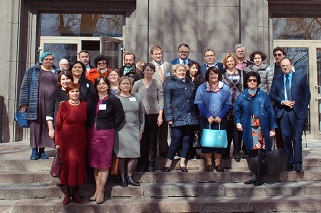
The conference offered an excellent platform for researchers to discuss such topics as the current state of the art in foreign centres of Lithuanian (Baltic) studies abroad; research and cultural activities of the centres; language teaching tools, methods, and resources; newest developments in research on Lithuanian language, culture, and literature; and cooperation between foreign centres of Lithuanian (Baltic) studies abroad.
Conference participants included representatives of Lithuanian (Baltic) study centres in France, Georgia, Sweden, Italy, Poland, Estonia, Russia, Belarus, Germany, the US, and other countries where Baltic studies are carried out.
The aim of the project itself is to strengthen the centres of Lithuanian (Baltic) studies abroad, to promote their activities and cooperation with scholarly and academic institutions of Lithuania in order to improve the quality of higher education. The main focus of the scheme is to involve both staff and undergraduates in academic activities in the domain of Lithuanian studies, first of all through exchange of academic staff and undergraduates. With this in mind, both formal tuition and internships are organised at Lithuanian universities, long-term lectureships are set up in foreign centres of Baltic studies (referred to below as CBS), and short-term visits of academic staff are arranged. Academic staff from Lithuania will offer lectures, supervise undergraduates, present recent research in the domain of Lithuanian studies, etc. Visits of academic staff from CBS are also provided for, as well as training courses and educational events in Lithuania such as summer schools and dialectological expeditions.
Vytautas Magnus University has already started creating electronic learning tools, which will help lecturers teach and learners study Lithuanian on the basis of data of current usage. Even though the Internet is full of information, a substantial part of it is excessively difficult for the learners. Therefore, interactive learning tools of different levels of language competence will be compiled for learners and lecturers, where they could search for information independently.
1. Corpora for learners are electronic collections of texts at A1, A2, B1, B2 levels. The corpora will be morphologically annotated and accentuated, with links to audio pronunciation in the database of Lithuanian Standard Pronunciation.
2. Learner language corpora (A1, A2, B1, B2 levels) will comprise texts in Lithuanian produced by non-native speakers, enabling study of the typical usage of speakers of other languages as a basis in compiling tasks and compiling a list of basic words.
3. Online learner’s dictionary of Lithuanian usage. The database will contain the most common Lithuanian words relevant to learners, with all their inflectional forms, stress, phonetic transcription and audio pronunciation, as well information on valency and collocations.
4. User interfaces for accessing the morphologically annotated corpus. Search by grammatical categories, collocations, etc., with a possibility of downloading search results.
5. An Automatic accentuation tool.
6. An Interactive database of Standard Lithuanian Pronunciation. Provides inflectional forms, stress and intonation data, transcriptions and audio pronunciation for the most frequent Lithuanian words. This tool will be developed by specialists employed for the purpose.
Project participnats:
Vilnius University
Vytautas Magnus University
Lithuanian University of Educational Sciences
Institute of Lithuanian Literature and Folklore
Project start date: 02 February 2017
Project end date: 01 February 2023





